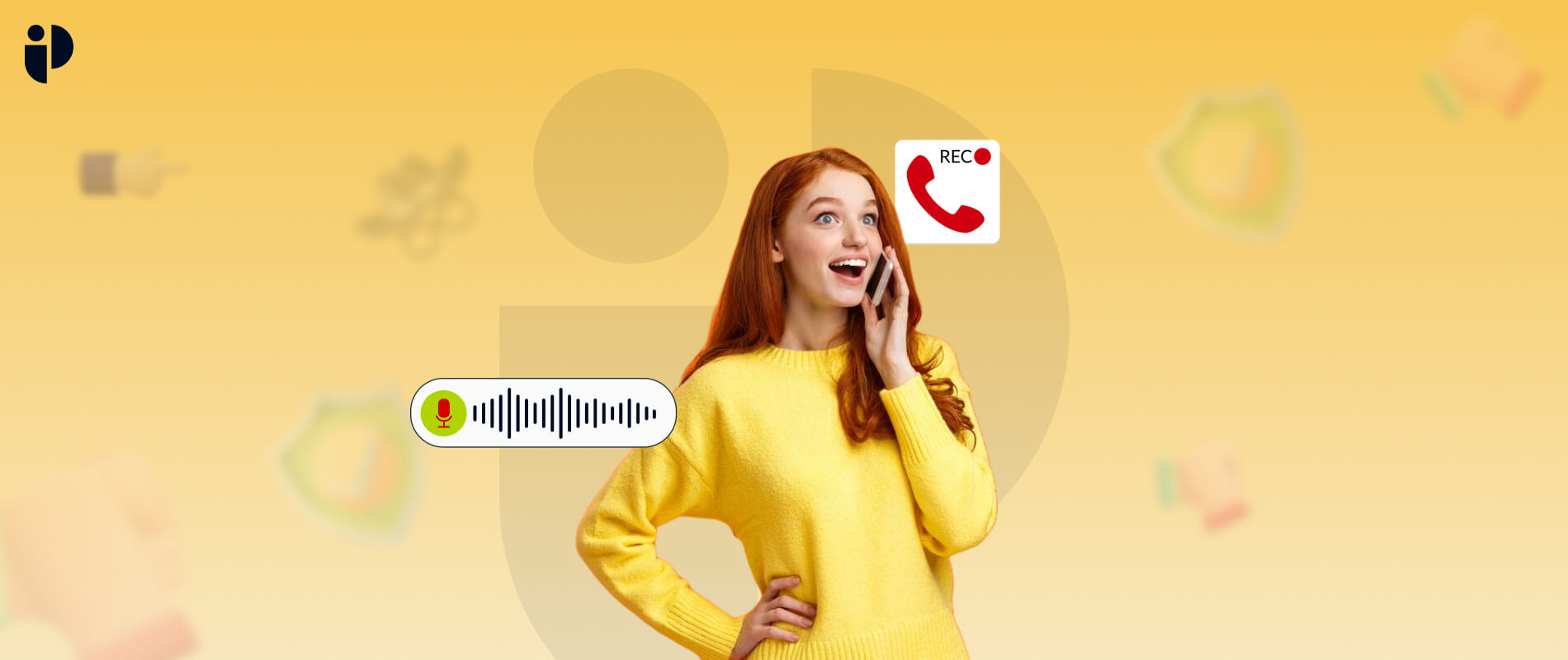Bullying refers to deliberate hurtful behavior repeatedly happening to a person. It can be teasing, calling names, threatening, ignoring, spreading rumors, or playing nasty jokes on someone. Also, it may include physical damage like pushing, hitting someone, or damaging things. Your child may experience such forms of bullying at school, in sports clubs, or online.
All forms of bullying are hurtful and not acceptable at all. It can be havoc in a child’s life, leading to self-destructive behavior and suicidal thoughts. Moreover, children are more prone to cyberbullying due to easy access to digital gadgets. Remember, your child may never openly tell you they are being bullied. You have to consider the warning signs or changes carefully that they exhibit.
This article elaborates on the 7 most common signs indicating your child is bullied at school or online. Let’s read ahead!
1. Physical Injuries or Complaints
Physical signs include scratches, cuts, bruises, or torn clothes that your child may be hiding. Sometimes, they may come home with destroyed or missing belongings. Also, they may complain about headaches, abdominal discomfort, or any other physical problem. These symptoms may result from the anxiety and pressure they feel due to bullying.
2. Emotional and Behavioral Disturbance
Bullying can destroy your child’s emotional and mental health. Drastic changes in a child’s personality and typical behavior may indicate bullying. They may exhibit severe mood swings, sadness, anxiety, and depression. A bullied child may engage in self-destructive activities and talk about suicide. If you find any noticeable change in your kid’s behavior, don’t ignore it and look for the reasons.
3. Social Problems
Your child might lose contact with classmates, stay isolated, and don’t want to socialize with friends and family. Also, they may avoid social gatherings or parties they used to enjoy before. One common sign of child bullying is vanishing friends.
Parents are mostly familiar with their kids’ friends, with whom they spend much time. However, if they don’t talk about or invite their friends anymore, it’s a red flag that something’s wrong. Ask your child about their friends and notice the reaction. If they say everybody hates me, I have no friends anymore, or any such thing, it’s a clear sign of bullying.
4. Altered Eating and Sleeping Patterns
Quality sleep and proper eating is the key to a child’s health. You need to investigate any changes in their eating or sleeping patterns. Kids may show changes in eating habits, such as missing out meals or not eating properly. Loss of appetite is a common indicator that a child is not fine.
A child being bullied may have difficulty sleeping and miss a good night’s sleep due to frequent nightmares. Other possible signs include bedwetting and staying tired all day due to lack of sleep.
5. Look Frustrated When Online
Cyberbullying is a common concern in this digital world. Watch your children when they are online or chatting with someone. You may notice low self-esteem and fear in your child. If they look worried or upset, there’s a chance that someone is bullying them online.
They may look anxious more than ever while scrolling social media or other online activities. Moreover, some children delete or deactivate their social accounts to escape the situation.
6. Problems at School
Have you ever noticed your child not being willing or hesitant while going to school? This sign is more obvious after holidays or weekends when they make excuses to skip school and stay home. They may hate school because they fear bullying and no longer feel safe with classmates.
Some children skip lunch and play at school to avoid bullying. Moreover, a child’s academic performance may be affected as they lose interest and focus in their studies.
7. Lack of Interest in Favorite Activities
The child may always enjoy some favorite sport, playing video games, or any other activity, but they don’t cherish it anymore. This deviation from the normal routine indicates something wrong or unusual. Discover the reasons for any sudden or unexpected change in the child’s interest.
What You Need to Do to Save Your Child?
Your child may be suffering in silence and never complain. As a caring parent, you must look for ways to save them from serious consequences.
- At the start, you can ask about their daily routine, activities, friends, and how they do at school.
- Reassure them that you are not their enemy, rather their protector and can do anything to take them out of trouble.
- Teach them ways to identify the root causes, communicate with teachers, and reduce bullying at school.
- Child monitoring tools or adequate parental control apps can help you detect and minimize the chances of cyberbullying.
Final Verdict
Bullying can have dangerous acute and long-lasting effects on your kid’s mental and physical well-being. Most children feel ashamed and don’t talk to their parents about bullying. Carefully identifying warning signs and taking adequate measures can save your beloved kid from damage.





